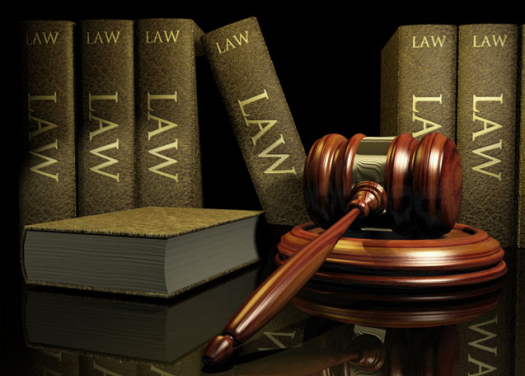By O'brian Munashe Gutu
Recently, the public domain has been awash with news concerning the awarding of damages and fines owing to negligence and wrongful actions leading to the injury of individuals. Just a fortnight ago, ZESA was fined for negligently exposing electrical wires resulting in electric shock and burns inflicting a minor in Chitungwiza.
This week, Zimbabwe Lawyers for Human Rights (ZLHR) successfully
assisted Lillian Chinyerere in suing the Zimbabwe Republic Police (ZRP) and the
Minister of Home Affairs and Cultural Heritage for damages amounting to
RTGS$175,000 resulting from injuries sustained when police personnel
injuriously harmed the old lady during the 2019 civil unrests. Courts in
Zimbabwe have been generally reluctant to awarding damages arising from delict
or tort law, but the turn of events signals a positive direction towards as
regards compensation claims. It is in this light that this write-up begets
relevance to the reader.
What is delict or tort law?
This
is the legal avenue/mechanism that
governs civil wrongs with a view towards awarding the wronged party for
the harm they resultantly suffer owing to such wrongful conduct. As Neethling
et al (Delict law in South Africa, 7th edition) postulate, a delict is
the act of a person that in a wrongful and culpable way causes harm to another.
Developing in the Roman society, the mischief of delict law was to foster
respect for either individual’s rights through general exercise of caution or
restraint. In an analytical sense, tort law (as it developed in the House of
Lords, England) promotes civil rights through civil sanctioning of damages by
the wrongdoer to the wronged party. Prominent scholar Prof. G Feltoe (A Guide
to the Zimbabwean Law of Delict) emphasizes that this [civil] law imposes a
general duty upon all persons not to harm others wrongfully.
To whom and where to claim damages?
Any
wronged individual who suffers harm on their body, property or personality can
claim damages in the Civil Court for
compensation for such harm. The damages can be in form of a lumpsum,
reparations or simple apology (in cases of defamation of character). The
wronged party will obviously have to prove that they were wronged by another
party (fault), and also that there is a causal link between the actions of
another party and the loss or injury there suffered. Where the wrongdoer harms
a person during the scope of business or work, for example, a prison officer
negligently beats up a prisoner resulting in the latter suffering a broken limp, the prisoner can sue the
Minister of Home Affairs and Cultural Heritage for damages. The rationale is that
the employer is usually financially footed to cover for those damages. Equally,
they owe the citizens a corresponding duty to train their employees to be
competent and professional.
Quantification of damages
As
highlighted above, the courts of law generally loathe awarding damages arising
from delictual claims. This partly owes to the state of the economy where, for
example, suing for defamation seems luxurious. It is settled that these claims
are usually high - the courts are
against orders brutum fulmen (a
judgment which is not enforceable). More often than not, defamation claims fall
before they even stand . Litigants often settle for an apology so as to regain
their integrity. However, in an evolving globe that we live in, characterized
by cyber bullying and malicious allegations reaching social media corridors, it
is key for the court to develop a strict stance towards this legal avenue. In
more developed jurisdictions [strictly as per capitalist terms] such as the
United States and England, these damages are categorized such that a wrongful
act already has attached a corresponding compensatory fee. This saves time and
the courts will not have the burden of quantification of damages associated
with this form of litigation.
Conclusion
The recent developments by the courts as highlighted above have been positive. They portend how the courts are bracing up to modernize and give full effect to claims under tort/delict law. This is key in protecting individual rights and liberties while at the same time inculcating law and order in our communities. A reasonable person would rather avoid stepping on another's toe than be served summons bearing say, USD$2500.00 being damages for a delict.
*Munashe O’brian Gutu is a Law student at the University of Zimbabwe. He blogs here in his personal capacity.




















0 Comments